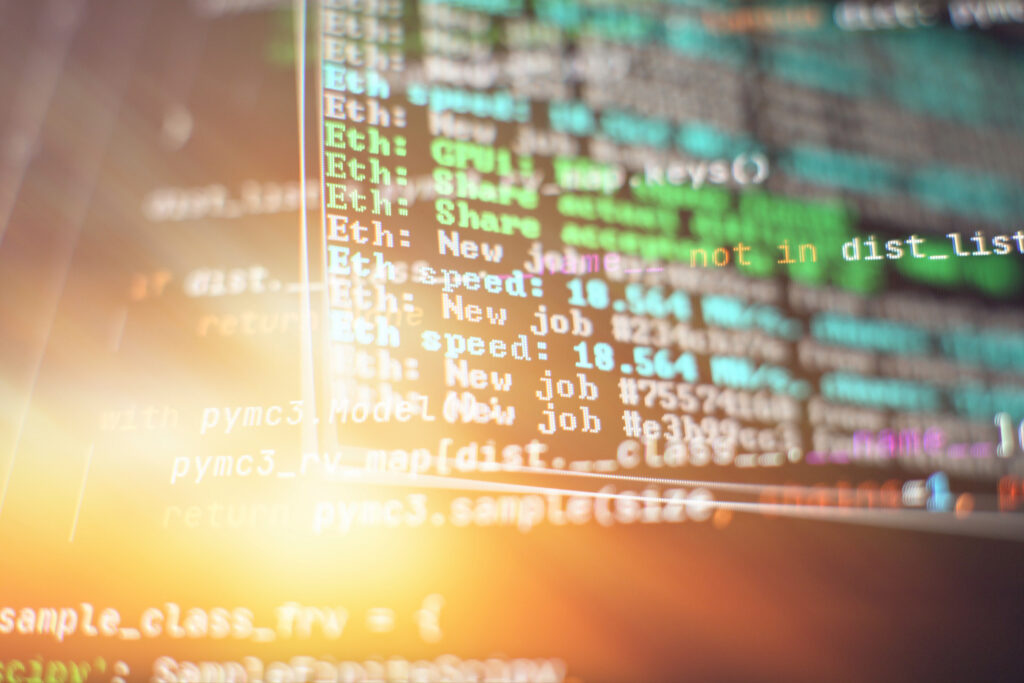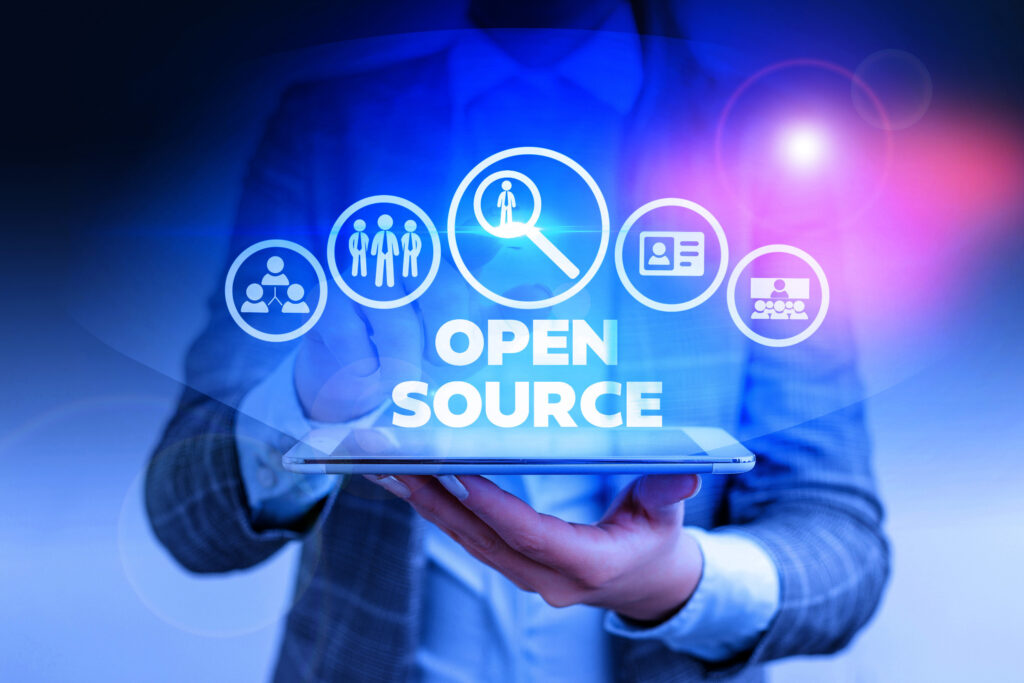What is “Surveillance Capitalism?”
Surveillance capitalism is the unethical practice of collecting vast amounts of personal data from individuals through various online platforms and devices without their knowledge or consent, for profit. The data collected can include browsing history, location data, purchase history, and even biometric data. Critics of this practice argue that it can lead to a loss of privacy and autonomy for individuals, while proponents claim it leads to “more efficient and personalized services.”
Unfortunately, many major companies like Google, Facebook, Amazon, Apple, and Microsoft engage in surveillance capitalism by collecting user data, while attempting to explain away such conduct with innocent-sounding justifications, such as “improving products and services.”
When it comes to controlling who can access your personal information, you must focus on the most crucial software on your computer: The Operating System
The Operating System is a critical software component that has full access to monitor all of your activities and files on your computer, including access to all of your files, folders, and applications, as well as any connected hardware devices such as your webcam and microphone.
The operating system is the first software to load when you turn on your computer and remains active in your computer’s memory throughout your usage. All other programs you use run on top of the operating system, making it a crucial component of your computer’s functionality.
Why Your Operating System Matters: The Overlooked Risk to Your Privacy and Security
Using an insecure operating system (also called an “O.S.”) on your desktop computer or laptop can leave a gaping hole in your personal computer usage when it comes to protecting your personal information and your exposure to risks of surveillance capitalism.
Allegations of spying on computer users by the Microsoft Windows Operating System, which was designed and promoted for more than twenty years by Microsoft’s former Chief Software Architect and CEO, Bill Gates, are a hot topic of debate in the world of digital privacy and security.
Thankfully, Windows is not your only choice when it comes to Operating Systems. There is a better way to protect your personal information from being exploited by these companies.
Discover the world of Free and Open Source Software and the GNU/Linux Operating System
The GNU/Linux operating system (or simply, “Linux”) is a free and open-source Operating System, a complete replacement for Microsoft Windows on your desktop computer or laptop that many consider to be more private and secure than other operating systems.
GNU/Linux is the result of a labor of love that spanned over three decades and involved the contributions of tens of thousands of individual developers.
Linux has Transparent Source Code – you, or someone you trust, can see what’s in it! Compare that to Microsoft, where the source code is closed off, you will never have proof of what it does.
Linux is an open-source operating system that offers a high level of transparency due to its transparent source code. This means that anyone can access and review the code to see what’s in it, making it more difficult for companies to hide backdoors or vulnerabilities that can be exploited for data collection.
In contrast, closed-source operating systems like Windows and MacOS do not offer this level of transparency, as their source code is not publicly available. As a result, users cannot easily verify what their operating system is doing, leaving them at a severe disadvantage to protect their privacy and security.
The only option Windows or MacOS users have to “protect” their privacy and security, is to blindly trust Microsoft, or Apple.
Linux is privacy and security oriented, built by “we the people” to give individual users the advantage, while Microsoft Windows is profit-oriented, built by a big corporation to maximize its profits.
The Linux community is known for its commitment to the privacy and security of individual computer users. Collaborative efforts by privacy and freedom-minded individuals over the past three decades of Linux development have led to the creation of a secure and privacy-focused operating system.
In the Linux development community, many developers work to create secure applications and features that protect user data from being exploited by companies engaged in surveillance capitalism. As a result, Linux has become a trusted operating system that many users rely on to safeguard their personal information.
The open-source code of GNU/Linux provides an additional layer of trust, as users can verify exactly what the software is doing by accessing the source code themselves. This transparency ensures that users do not have to blindly trust any corporation or individual and can instead verify the software’s functionality with their own eyes or the eyes of a trusted group.
Linux is also highly customizable, allowing users to choose which applications and services they want to use. There are many privacy-focused options available, such as the Tor or Brave browser with built-in privacy features, and virtual private networks (VPNs) that encrypt internet traffic and protect online activity from prying eyes. Linux users can even create their own VPN with a secure tunnel completely owned and controlled by them.
Switch to GNU/Linux for Privacy and Stability Without Sacrificing Performance or Sophistication
In the past, there was a belief that Linux was technologically inferior to other operating systems. However, this perception has changed over time. Today, Linux is recognized as a highly advanced operating system, with robust graphical desktop environments and an extremely stable internal kernel.
In recent years, the features and functionalities and performance of computers running Linux now often exceed those with Windows or MacOS, making Linux a reliable and secure option for even the most demanding of users who prioritize privacy and security.
By taking advantage of the many privacy-focused applications and services available on Linux, users can protect their personal data while maintaining their privacy in today’s increasingly surveilled world.
Linux is Free
As if everything described in this article is not reason enough to rip out the Microsoft Windows or MacOS software from your computer and jump on the Free and Open Source Software (FOSS) bandwagon, Linux, and most of the tens of thousands of software titles that are available for Linux, are Free.
Yes, Free as in Freedom, but also Free, as in, no license or software fees. Ever.
That’s what we meant when we said for the past three decades, “Linux has been a labor of love.” It’s built by “we the people”, for the people, and they literally just give it away. That means no more software fees, no more annual license fees, all while escaping the nightmares of “big tech” surveillance on your computer’s most crucial software: the Operating System.
Learn how to take back your Digital Freedom
Get yourself back on track for your Digital Future by discovering the exciting world of FOSS and GNU/Linux at Jeff.pro
At the Jeff.pro website, we help you learn how to take back your Digital Freedom by discovering the exciting world of Free and Open Source Software (FOSS) and the GNU/Linux Operating System.
Subscribe to get periodic updates from the Jeff.pro email list and learn a little every week about FOSS and GNU/Linux.
Learning FOSS and Linux is a journey to take back your Digital Freedom, and you will like it!
Subscribe to Newsletter
Learn about FOSS and Linux with Email updates from Jeff.pro.
Opt-in through this form, start learning today!
Learned enough? Opt-out at any time!



